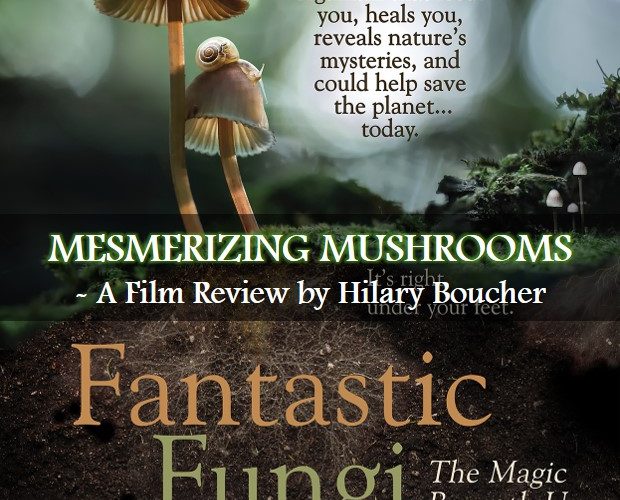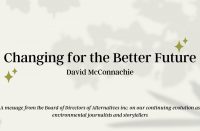
Photo credit: Hilary Boucher, 2020
My neighbourhood 7-Eleven convenience first supplied me with hot fried foods to snack on during the movie, and then I made the 1-kilometer walk, on un-shovelled sidewalk, sprayed by icy slush while the snow found its way underneath my scarf onto my neck, to the bus stop. The bus was understandably 25 minutes late and brought me to the theatre at warp speed with no regard for human life. I arrived just in time to order a quality genmaicha tea and get my ticket to Fantastic Fungi, the only movie playing on the one screen in the quaint, independent Hyland Cinema.
In 2009, the BBC released their Jungles episode of Planet Earth in which parasitic cordyceps infiltrate insects’ bodies and brains, causing them to exhibit strange behaviours. Suddenly, cordycep fruiting bodies erupt from their heads, releasing deadly spores into the air capable of infecting and killing insects in the vicinity! “How cool”, I thought–invisible spores able to bring down a colony of millions of ants in a matter of weeks. So began my amateur mycophilia, or love of mushrooms.
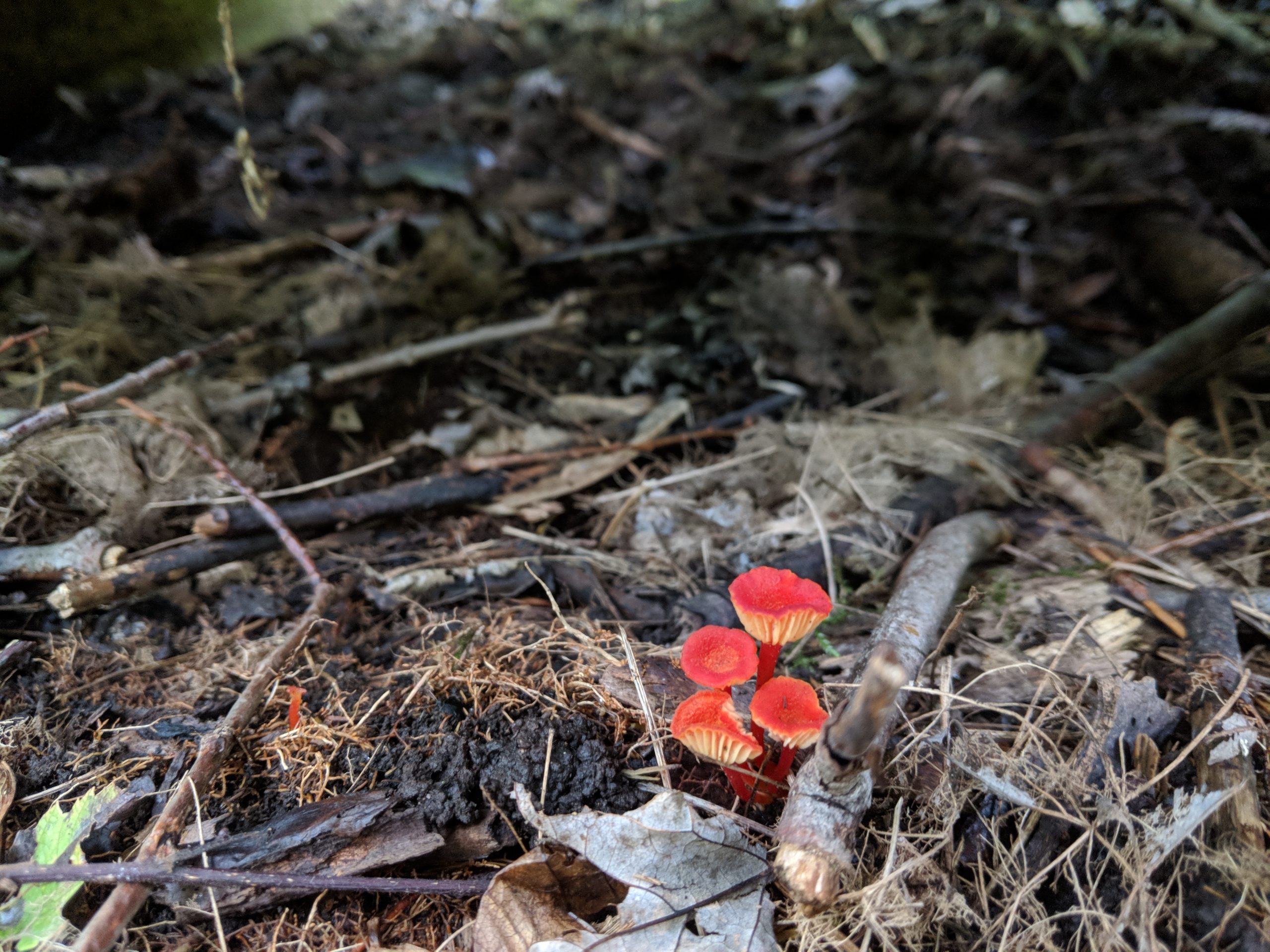
Photo credit: Hilary Boucher, 2019
If anything, hundreds of millions of ants living in organized, hierarchal underground colonies deserve a worthy predator. Like ants, fungi also live underground; extending their mycelia networks trillions of miles all over the planet. But they also live within us, in the deepest oceanic trenches, within Antarctic rocks, and maybe on Mars. Fantastic Fungi presents the magical, mysterious, and sometimes mystical world of mushrooms through stunning visuals. Using CGI, time-lapse, and mesmerizing fractal animation, Brie Larson occasionally narrates from the point of view of the collective Fungi kingdom.
As you may recall, according to botanist Carl Linnaeus’s hierarchy of biological classification, the fungi kingdom is the most populous and diverse. With an estimated 2.2 million to 3.8 million species, ranging from unicellular organisms to bioluminescent mushrooms, Fantastic Fungi illuminates how little is actually known about this beautiful kingdom.
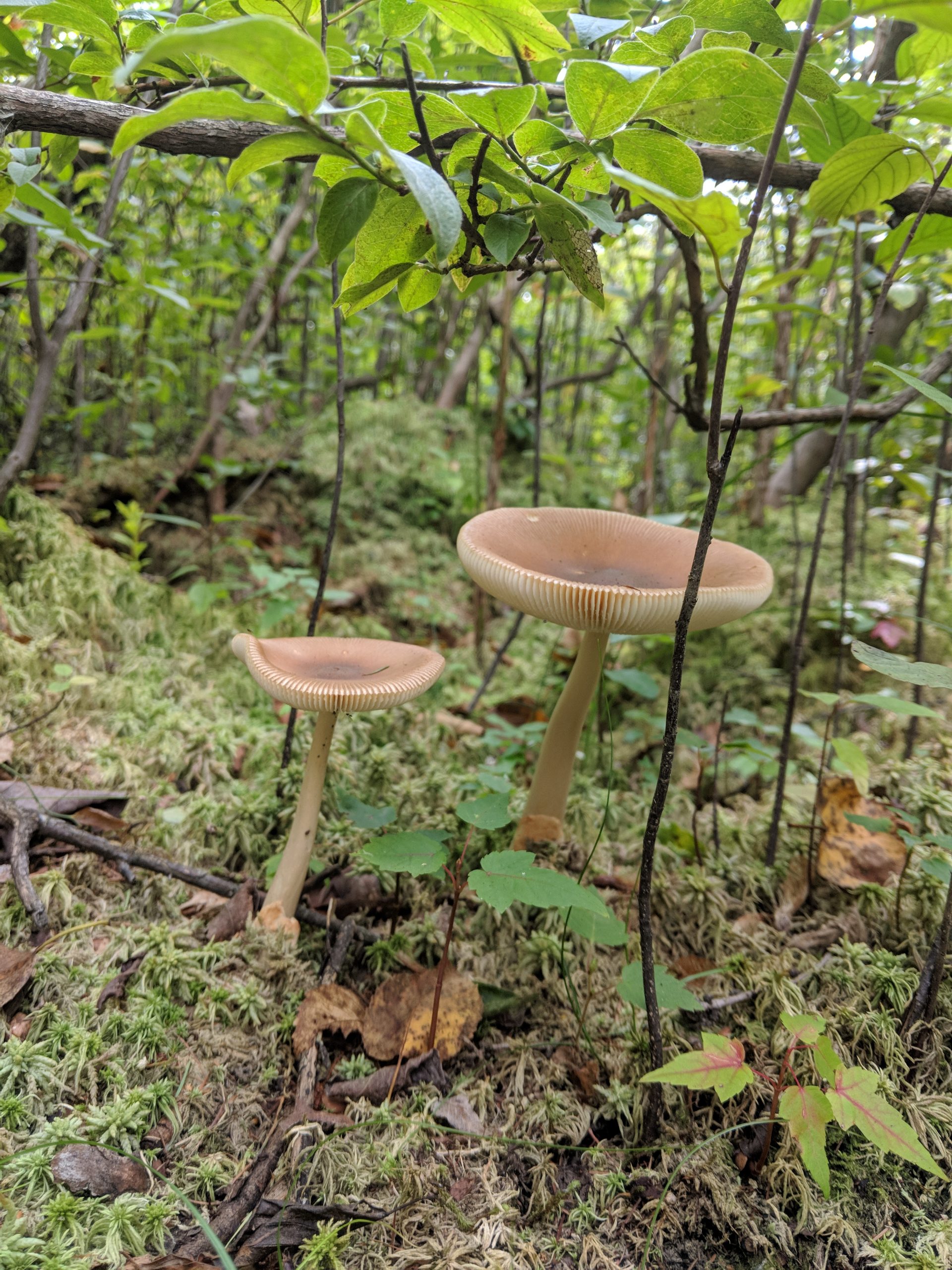
Photo credit: Hilary Boucher, 2019
The mysterious nature of fungi leads to fear in some cases. Fungi are primarily associated with death and decay; imagine a decomposing mouse or moldy cheese. But different species of fungi return that mouse slime to the soil in the form of beneficial nutrients, and others work together with bacteria to produce the veiny, intentional mold in blue cheese. Fantastic Fungi seeks to shift the fungi narrative from one of death and decay to one where fungi represent rebirth, rejuvenation, and regeneration. While plants and animals die every day, fungi, working as the digestive tract of the planet, feast on this death and enable rebirth. Without fungi, there wouldn’t have been space on the Earth for humans to evolve alongside the epic piles of dead plant and animal matter.
No discussion on mushrooms is complete without mention of the psychedelic variety. This is another quality of mushrooms that has been largely ignored by the scientific community due to government controlled substance acts. However, certain advocates hypothesize that early human’s contact with psilocybin, the hallucinogenic compound in ‘magic mushrooms’, caused the rapid evolution of cognitive abilities. This so-called ‘Stoned Ape Hypothesis’ may offer an explanation for the unusually rapid doubling of the human brain somewhere between 2 million and 100,000 years ago. Certainly any modern human with experience with psilocybin can attest to its consciousness-altering effects. In fact, Fantastic Fungi’s human hero, passionate mycologist and mushroom entrepreneur Paul Stamets, unlearned his childhood stutter after a somewhat misguided (read: dangerously high) dose of psilocybin.
Fantastic Fungi is a mesmerizing, brief foray into the fungi kingdom of unrealized potential. Considering humans would be much more vulnerable to disease without the various antibiotics derived from fungi, one might be curious to learn more about them.
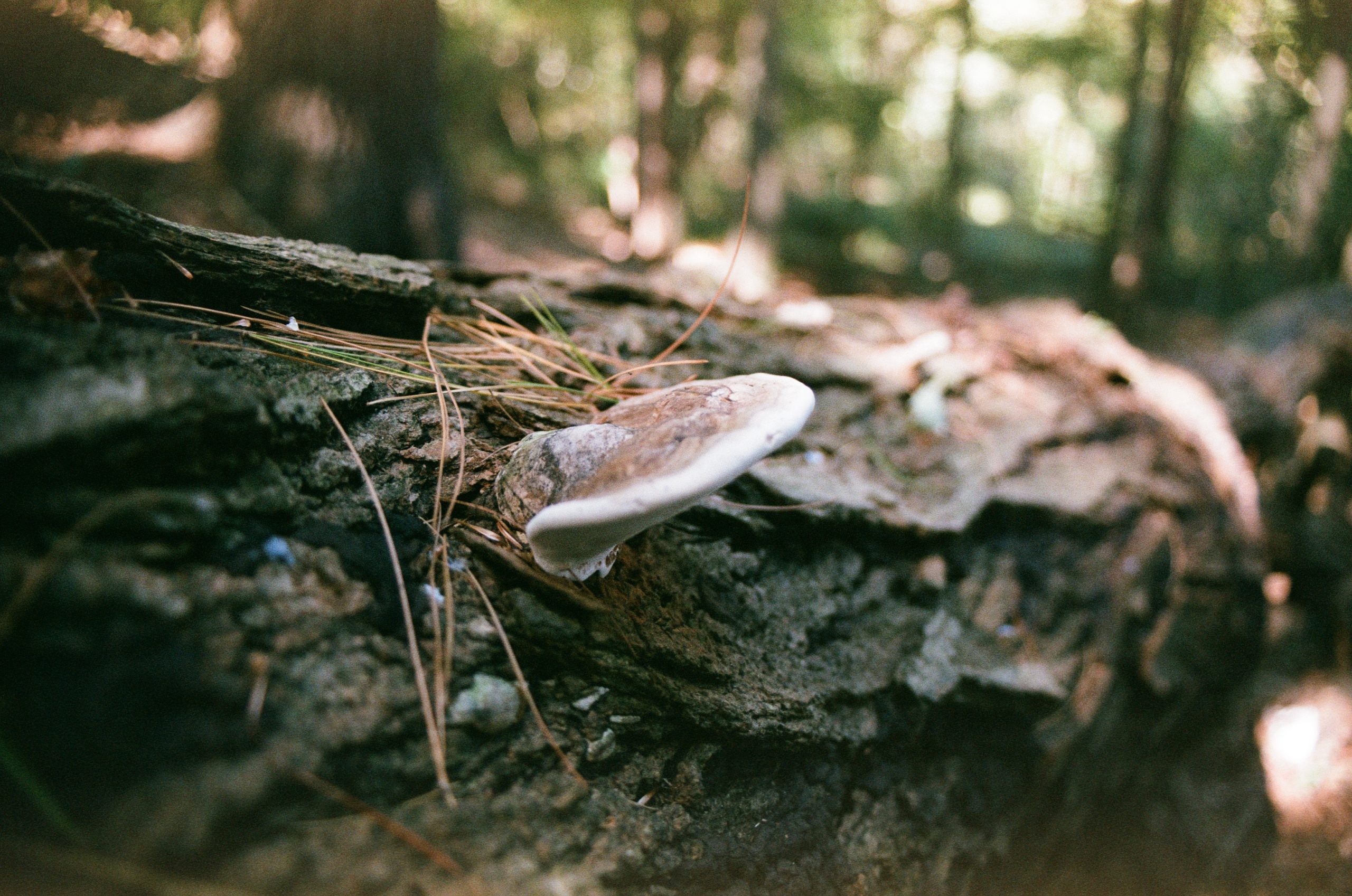
Photo credit: Hilary Boucher, 2019
***
Sources
https://www.cbc.ca/news/canada/london/thames-river-floods-after-nearly-70-mm-of-rain-1.5424630
https://globalnews.ca/news/6433339/snow-storm-squall-london/
https://www.bbc.co.uk/programmes/p0038s7y
https://blogs.scientificamerican.com/artful-amoeba/fungi-in-space/


